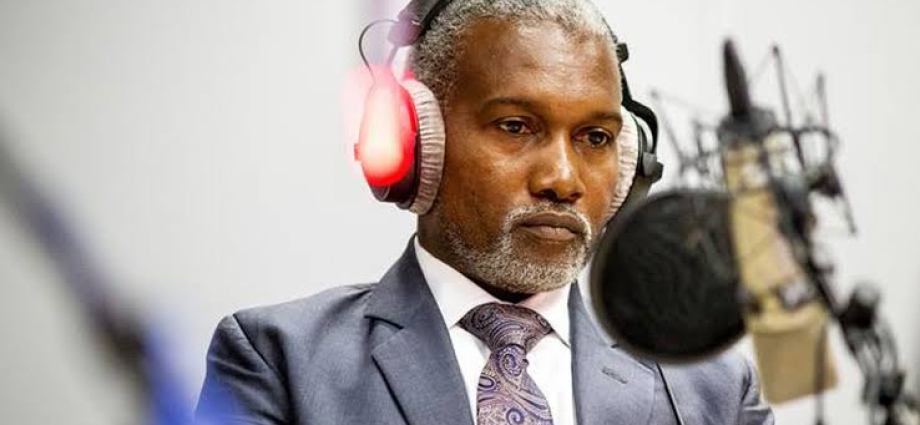Nigeria Rejects US Pressure to Accept Venezuelan Deportees, Says Foreign Minister
Minister Tuggar Clarifies US Tariffs and Visa Restrictions Amid Diplomatic Tensions
Abuja, Nigeria – Nigeria’s Minister of Foreign Affairs, Amb. Yusuf Tuggar, has revealed that the United States is pressuring African nations, including Nigeria, to accept Venezuelan deportees—some of whom are former prisoners. However, Nigeria has firmly rejected the request, citing its own domestic challenges.
US Tariffs and BRICS Summit: No Direct Link, Says Tuggar
In an exclusive interview on Channels Television’s Politics Today on Friday, Tuggar dismissed speculation that the recent 10% tariffs imposed by the US on Nigerian goods were a direct response to President Bola Tinubu’s participation in the BRICS summit in Brazil.
“The issue of tariffs may not necessarily have to do with us participating in BRICS,” Tuggar stated. “You have to also bear in mind that the US is mounting considerable pressure on African countries to accept Venezuelans to be deported from the US, some straight out of prison.”
The minister emphasized that Nigeria, with a population of over 230 million, cannot accommodate deportees from Venezuela. “We have enough problems of our own. We cannot accept Venezuelan deportees to Nigeria, for crying out loud,” he said.
US Excludes Nigeria from West African Leaders’ Meeting
The diplomatic friction comes as US President Donald Trump met with five West African leaders—from Gabon, Guinea-Bissau, Liberia, Mauritania, and Senegal—at the White House on Wednesday, conspicuously excluding President Tinubu.
This exclusion, coupled with the new tariffs and recent visa restrictions imposed on Nigerians, has fueled speculation about strained US-Nigeria relations. The US Embassy in Nigeria recently reduced visa validity to single-entry, three-month permits, a move Tuggar refuted as being based on reciprocity.
Nigeria’s Visa Policy: A Matter of Efficiency, Not Reciprocity
Tuggar clarified that Nigeria’s visa issuance aligns with US policies, offering both short-term and long-term visas. “We issue five-year multiple-entry visas, the same way the US does for regular travelers,” he explained.
The minister highlighted Nigeria’s shift to electronic visas (e-visas) to streamline the application process. “We introduced online electronic visas to save time, replacing the less efficient visa-on-arrival system,” he said.
He further noted that Nigeria’s visa policy is not retaliatory. “There are loads of Americans with long-term visas. It is not based on reciprocity,” Tuggar affirmed.
Venezuelan Deportees: A Non-Negotiable Stance
Tuggar warned that accepting Venezuelan deportees could set a dangerous precedent. “It would be unfair to insist that Nigeria accepts 300 Venezuelan deportees. Maybe that might just be the beginning,” he cautioned.
Nigeria’s refusal underscores broader concerns about sovereignty and immigration pressures from Western nations. As diplomatic discussions continue, the country remains firm in its stance against accepting foreign deportees.
Source: The Citizen Nigeria


